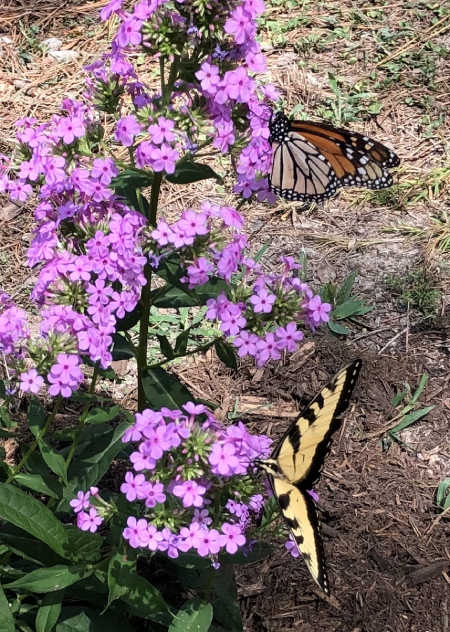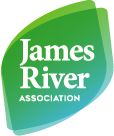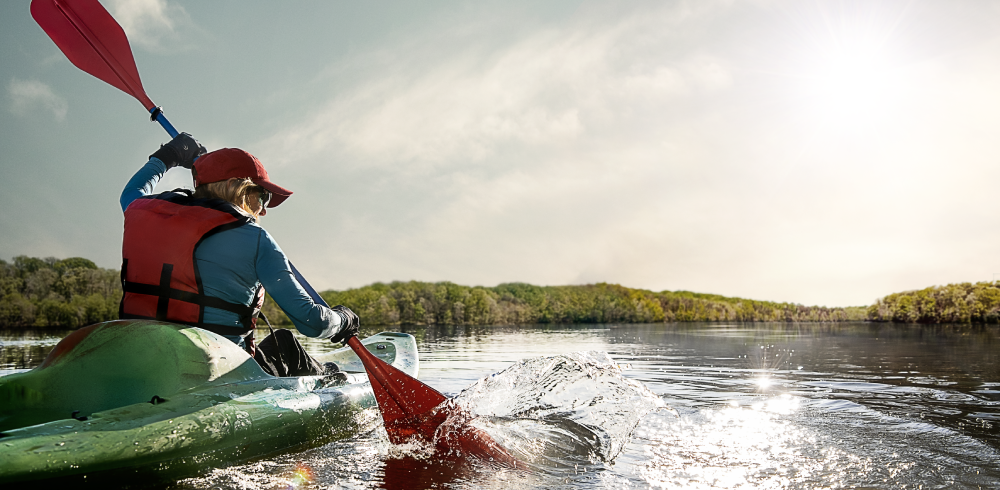Every time it rains, fertilizers, herbicides, bacteria from pet waste, and chemicals flow from our properties into local waterways. This pollution can make it unsafe for people and wildlife. The James River Association created the River Hero Home program to celebrate individuals who take steps to improve their home, pledge to take action for the James and become a hero for our community and our river. Becoming a River Hero Home is a simple way to help protect the James River to ensure its health and enjoyment for future generations.
This October, we’ll be highlighting our River Hero Homeowners all month long so that you can #MeetOurHeroes and hear firsthand how they’re making a BIG difference for our river!
Daphne Cole has been a generous supporter and volunteer of JRA for years, and a Hero for our river in her town of Blackstone near the Appomattox River, a tributary to the James. She highlights several River Hero Home behaviors below, including reducing the need for fertilizer by encouraging healthy soil with mulch and compost, using alternatives to municipal drinking water for irrigation, avoiding invasive species and using native plants to support wildlife and reduce watering needs, and picking up after her dog.

Several ways we have found to reduce unnecessary water usage is to install rain barrels to water plants in the yard and by planting native plants which have evolved to survive in natural conditions. Planting native trees also aids in cleaning polluted stormwater before it runs into the rivers. Trees also cool our homes in the summer and block winter breezes.
Removal of invasive species such stilt grass, english ivy and privet provides sunlight for native species. The native species support life of essential insects for birds and bees. It is work but so satisfying when you discover native herbs such as horehound, comfrey and lyre leafed sage under the dense cover!
In addition to our yard, James River Association provided funds for doggie poo bags stations at key locations in the town of Blackstone as a volunteer project. I always carry the bags on my walks even though I don’t have a dog because many people still don’t clean up the poo which contaminates our drinking water with E coli.
If we all pitch in with a few plants, pulling invasive species, reduce the size of our yards, and reduce fertilizer and water use, there would be a significant impact on climate change and our quality of life. Nothing is better than walking out in my yard all a flutter with butterflies, dragonflies and birds due to the simple changes I have made in my yard!

